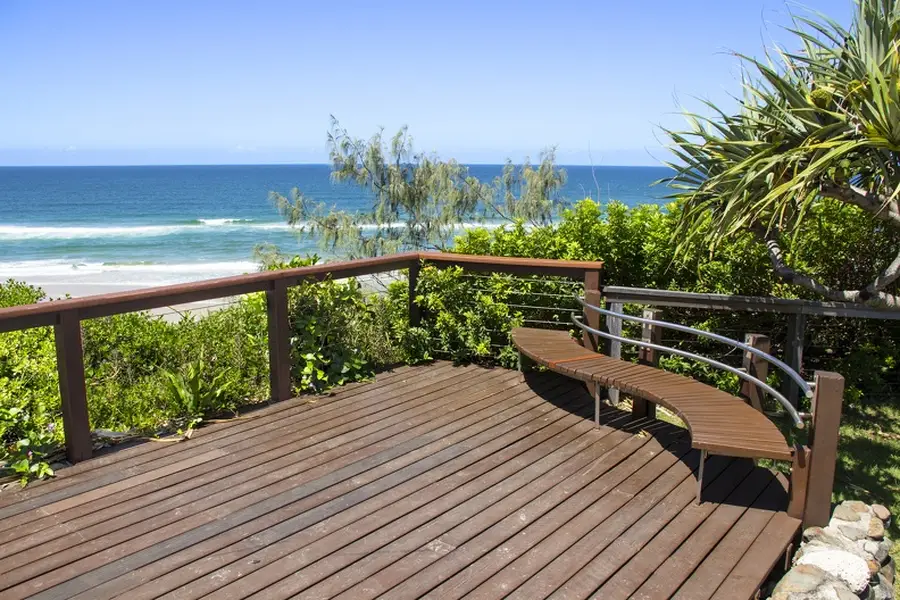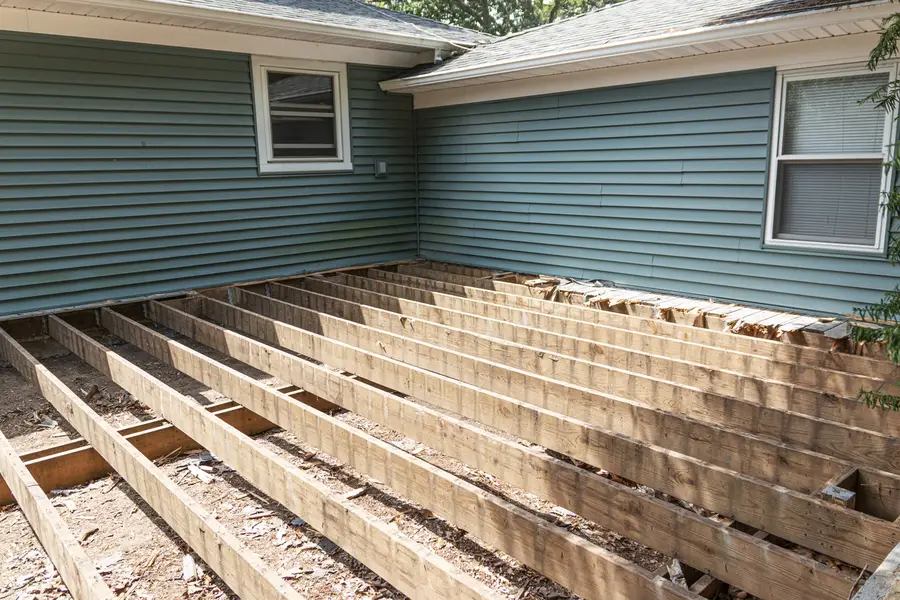Design as the Foundation for Outdoor Spaces
A well-designed deck can transform any outdoor space into a functional and beautiful area. Whether you’re looking to extend your living space or create a retreat, design plays a crucial role in achieving these goals. The right design helps maximize the utility of the deck while ensuring it complements the house and landscape. By understanding how to incorporate essential design elements, homeowners can enjoy a versatile and long-lasting outdoor area.
Key Elements of Effective Deck Design
When planning for a deck installation, several design elements need attention. These include size, shape, and materials. The size should match the available space and intended use. A spacious deck is ideal for hosting large gatherings, while a smaller one suits cozy family dinners. Shape also influences functionality; rectangular decks are classic, but curves can add visual interest. Material choice impacts durability and maintenance needs. Wood offers natural beauty, while composite requires less upkeep.
Benefits of Thoughtful Deck Design
Thoughtful design ensures a deck remains functional and attractive over time. A well-planned deck installation provides multiple benefits:
- Enhanced home value due to increased living space
- Better aesthetics with coherent architectural design
- Improved usability through strategic layout
- Increased enjoyment of outdoor areas throughout different seasons
Understanding Common Design Challenges
Many homeowners face challenges when designing their decks. One common issue is selecting the wrong materials, leading to high maintenance costs. Another challenge is poor spatial planning, which may result in cramped spaces or awkward layouts. Without careful planning, lighting and railing choices might not align with overall aesthetics, impacting both safety and style.
Solutions for Overcoming Design Issues
Addressing these challenges involves strategic solutions. First, choose durable materials that suit your climate to minimize maintenance needs. Second, work with professionals during the initial phase of your deck installation. They provide insights on optimizing space and integrating features seamlessly. For instance, including built-in seating can save room and enhance comfort.
Best Practices for Deck Design
Adhering to best practices in deck design is key to success. Consider these tips:
- Plan for future expansions by leaving room for growth
- Use weather-resistant finishes to prolong lifespan
- Select complementary colors and textures for cohesive look
- Ensure proper drainage to prevent water damage
- Integrate eco-friendly features like solar lighting where possible
Compliance With Industry Standards
Complying with industry standards enhances safety and quality. Local building codes dictate specifications such as railing height and load capacity. Familiarize yourself with these requirements before starting your project. Additionally, consulting with experts ensures adherence to regulations, preventing costly retrofits or penalties later.
Acknowledging Cost Considerations
Deck design involves various cost factors. Material type, size, and complexity influence price significantly. While premium materials might raise initial costs, they often offer better longevity, reducing long-term expenses. Evaluate the return on investment by considering future resale value improvements associated with enhanced outdoor spaces.
Your Next Steps Toward a Perfect Deck
Creating a functional deck begins with thoughtful design choices that blend form and function. If you’re ready to enhance your outdoor living experience, reach out today. Located in Waterbury, CT, we at Five Stars Contractors specialize in tailored deck solutions that fit your unique vision. Contact us at (203) 819-0719 to discuss your project needs and start transforming your space.


